16, October 2024
Biya’s Health: The power struggle is building up in Yaoundé! 0
It is becoming obvious that Cameroon’s President, Paul Biya, will no longer rule the country as his health takes a turn for the worse.
While Mr. Biya is fighting for his life, there is a huge battle brewing in Yaoundé as different factions seek to take control of things. The king is dying but the princes are more interested in his succession.
In the event that President Biya gives up the ghost in the days ahead, his constitutional successor, Niat Njifenji Marcel, is supposed to step in to run the interim, but he too is very ill and it is being reported that he is in a deep coma. Mr. Niat has been out of the country for almost three months and it is gradually emerging that he is not responding to treatment.
In such a situation, a vacancy can be declared at the Senate and Aboubakary Aboubakar, the 63-year-old Senate Vice President, will take the reins of power and run the country for at most 120 days.
The Lamido of Rey-Bouba was invited last week to Geneva where Mr. Biya is battling for his life and was asked to resign. The ruling mafia does not want him to run the transition period. He was not allowed to see the President. He left Switzerland disappointed and devastated.
Aboubakary has no plan to resign and is not in a rush to yield to any pressure and he is sticking to his guns. The ruling mafia does not want a northerner to be anywhere close to power and there are fears that if Mr. Aboubakary runs the show, he will deploy a game strategy that will not sit well with Chantal Biya and Ngoh Ngoh. The battle lines have been drawn and the pressure is mounting.
Meanwhile, the country’s finance minister, Louis-Paul Motaze, who was called to Geneva was refused access to the ailing 91-year-old Biya. Mrs. Biya who is now restricting access to the dying President rejected Motaze’s request to see his boss.
There is a lot of political drama playing out in Geneva and Yaoundé and the French are principal architects in the break dance. Nicolas Sarkozy, a former French President, is reported to be rooting for Franck Biya and he is insisting that power be handed to the young Biya who has no place in the country’s constitution.
Several regime insiders are against Franck Biya though not many of them have the courage to openly express their minds.
Cameroon Intelligence Report understands the ruling CPDM is quietly planning an extraordinary congress for the end of this year. Though not many party stalwarts are talking about it, the plan is for members to choose another candidate for the 2025 Presidential Election, given that the party’s natural candidate, Paul Biya, is caught up in another battle that he might not win.
By Soter Tarh Agbaw-Ebai

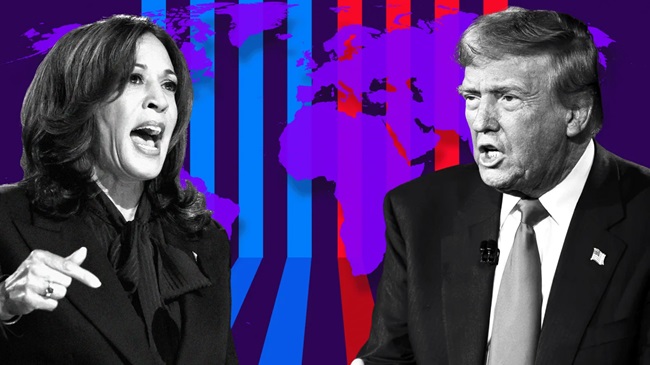
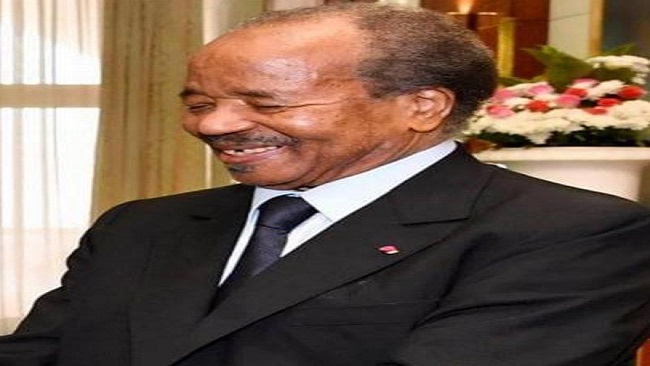



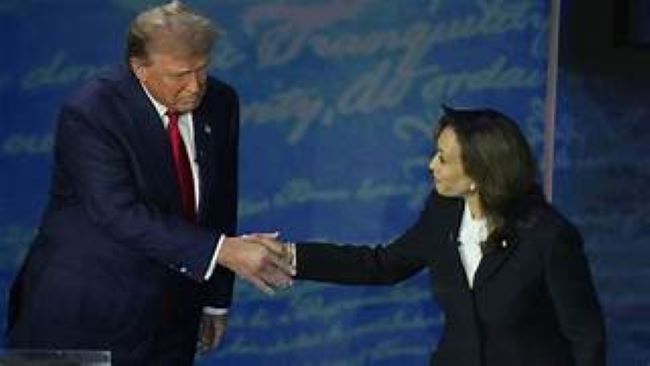





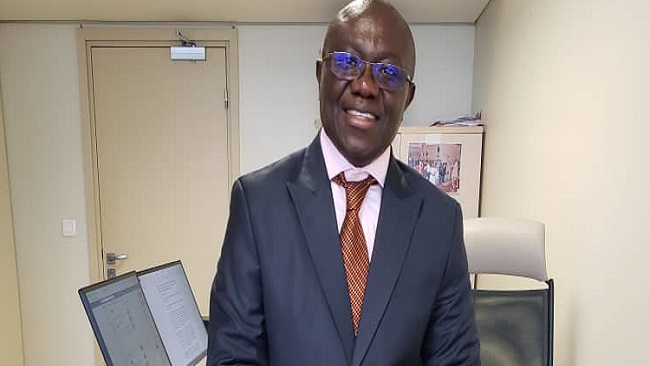
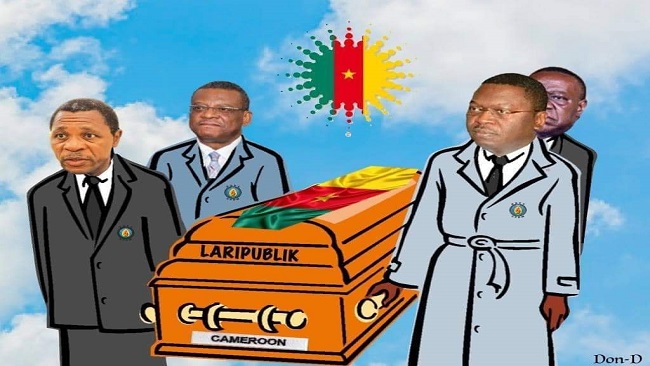





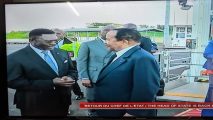




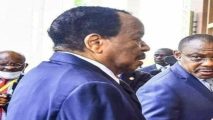


20, October 2024
Dion Ngute needs to address the nation as Biya becomes former president 0
Cameroonians have been waiting for the return of their president, Paul Biya, but from every indication, Mr. Biya will not be coming back to continue ruling the country. He clearly belongs to the past as major questions emerge about his health and life.
Mr. Biya was last seen in public on 8 October 2024 while attending the China-Africa Summit. After leaving China, Mr. Biya stopped over in Europe where he is in a hospital receiving intensive care for multiple health conditions.
A coded online message by the 91-year-old dictator’s daughter, Brenda Biya, which shows only drops of tears on a piece of paper has gone viral, with many Cameroonians saying that the brutal dictator is dead and it is time for the country’s Prime Minister, Dion Ngute, to step up to the plate to deliver a rousing speech which will hold the country together and avoid any bloodshed.
Since disappearing from public view some 40 days ago, many, both at home and abroad, have been positing that Mr. Biya is either dead or dying and it is time to declare Biya a former president of Cameroon.
There is a lot of anger in Cameroon, especially against the President’s wife, Chantal Biya, who approved Mr. Biya’s long and tiring trips abroad.
Before heading to China, Mr. Biya had to go to France to watch the Olympic Games and he did so in the rain, an act many observers criticized as preposterous for an old man who was frail and fragile.
From France he returned to Cameroon before heading to China, a long trip that is not designed for old people. Mr. Biya had nothing to prove to anybody. He has won all the presidential elections in his country through massive rigging schemes, making him an evil genius.
He has willfully underdeveloped Cameroon, reducing the country to a humanitarian case; a beautiful and wealthy country handed to him by the country’s first president, Ahmadou Ahidjo in good faith.
Mr. Biya is a champion in the embezzlement of funds and a huge destroyer of taxpayers’ money. In 42 years, Biya has not developed the country’s infrastructure. There are no modern tarred roads in Cameroon. Hospitals are nothing more than consultation clinics and corruption has been institutionalized to ensure that the destructive dictator last in power.
Today, the country’s economy is in very bad shape. The country’s youths have been reduced to beggars, with many taking to alcohol and drugs just to numb their pain and frustration. Most Cameroonians want to leave the country as the future appears very bleak. The name Biya only suggests hardship and inhumanity.
The country’s youths want to walk away from their country just to put an ugly past far behind them due to the corruption and incompetence of a man who was once seen as a liberator by Cameroonians.
Mr. Biya will not be returning to Cameroon as the country’s president. Cameroon Concord News has obtained reliable information that Mr. Biya is brain dead and he is on life support. There are plans to pull him off life support in the days ahead, though his wife is opposed to such a move as she is maneuvering and plotting to see how she can influence the choice of the next president of the country.
Chantal like the French want to impose Franck Biya on Cameroonians but there is massive opposition within Mr. Biya’s ruling party and there are fears that things are falling apart for a party which has been the architect of the economic hardship which has reduced Cameroonians to walking zombies.
Many Cameroonians at home and abroad are urging Prime Minister Dion Ngute, himself a Biya creation, to take matters into his hands. The country’s business must continue with or without Biya. A brain dead Biya cannot continue to lead the country.
While there are no limits as to how long the president can be out of the country, Cameroonians hold that a 91-year-old and sickly person cannot continue to hold an entire nation captive. Biya has already proven that he is a negative force and he should be dumped on the ash heap of history.
By Soter Tarh Agbaw-Ebai